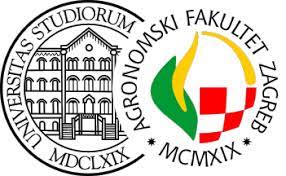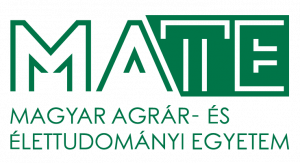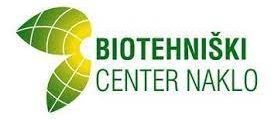1.1 Participatory approach –an alternative system of learning
Introduction
Organic farming is an overall system of farm management and food production that combines good agricultural practices, a high level of biodiversity, the conservation of natural resources, the application of high animal welfare standards and a production method that meets the preference of certain consumers for products derived from natural substances. Changes in the production technologies of interesting plants and animals require a more subtle approach to organic farming. In general, organic agriculture refers to farming systems that avoid the use of synthetic pesticides and fertilizers. Conversion from conventional to organic farming describes the process of learning and implementing changes on the farm toward a more sustainable and natural way of farming. The more a farmer knows about organic farming concepts and practices, the easier it will be to convert to organic farming. Therefore, education for organic farming is crucial.
Agricultural extension has long been seen as a key element in improving agricultural development. However, the effectiveness of two dominant approaches to agricultural extension services in particular—Training and Visit (T&V) and Farmer Field Schools (FFS)—has been widely debated. The T&V approach relies on the “top-down” extension of technical information, with specialists and field staff transferring knowledge to “contact farmers” in villages, who in turn are responsible for diffusing knowledge into the local community. As a response to this top-down approach, FFS were developed as a “bottom-up” approach to extension with a focus on participatory, experiential, and reflective learning to improve the problem-solving capacity of farmers through highly trained facilitators working with farmer groups.





